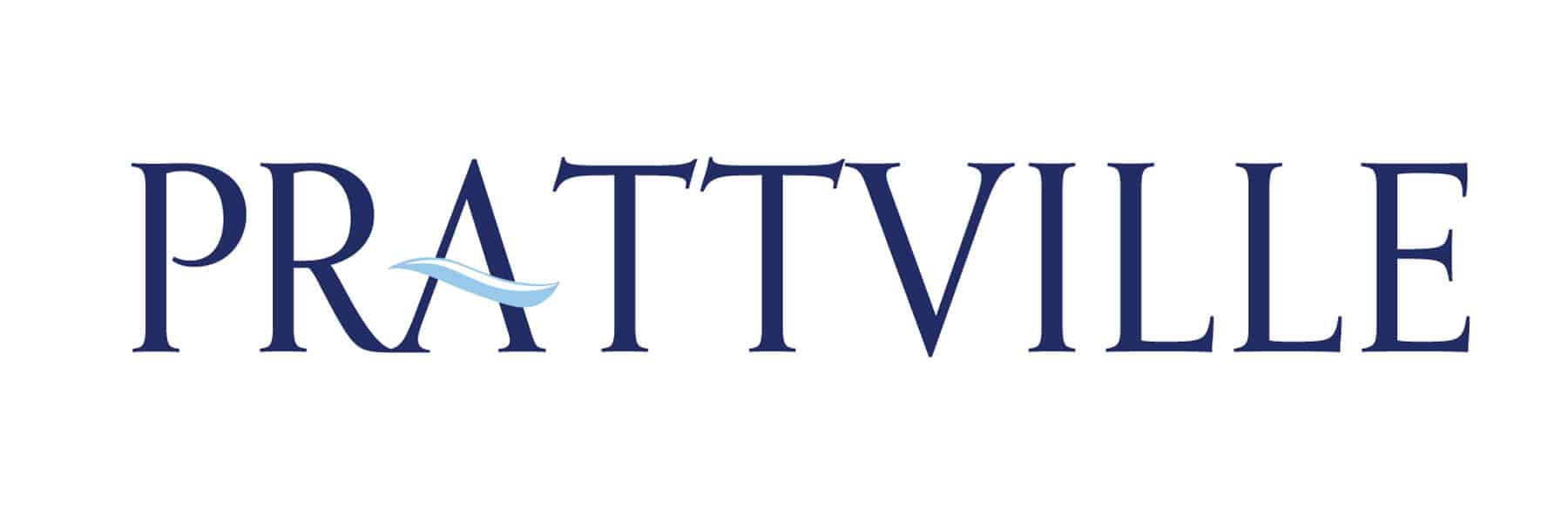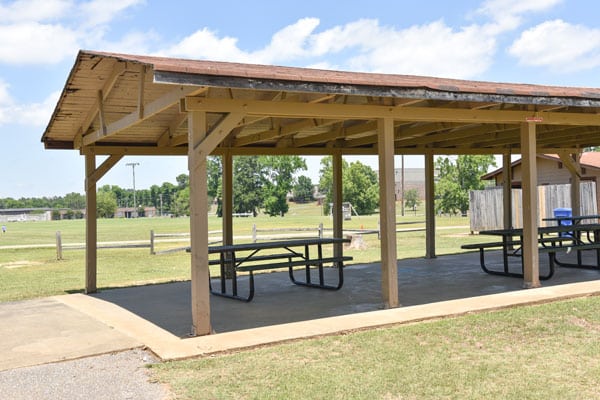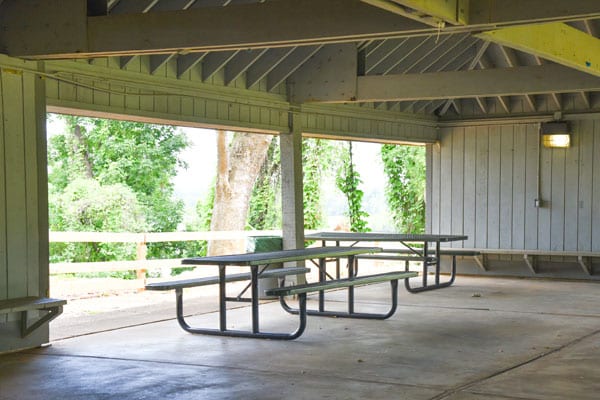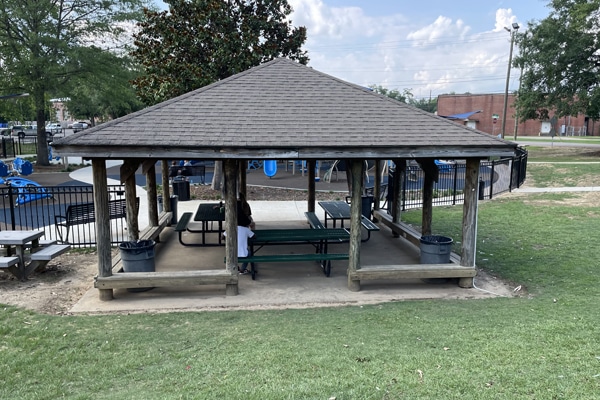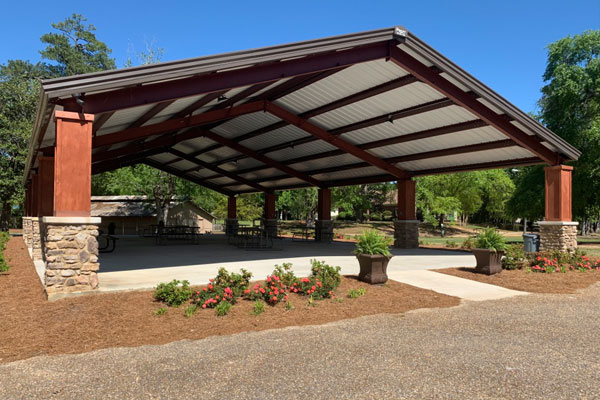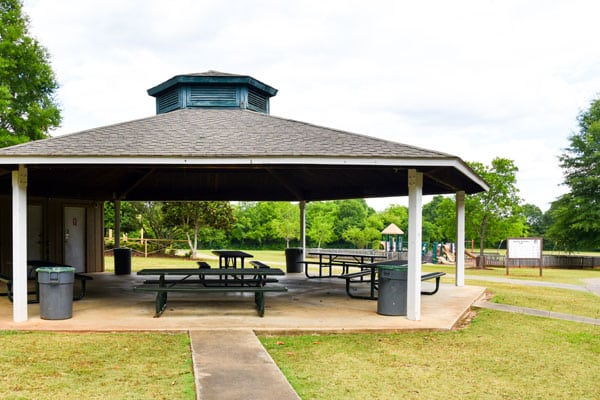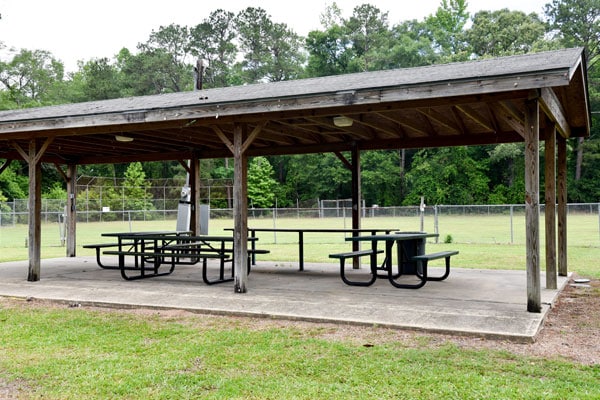Page Not Found
The page you are looking for may have expired or your search might have a typo. Look below for pages that may have the information you requested.
Or click here to start from the homepage >>
Pages
- Prattville Public Safety
- ADA - Website Accessiblity
- Disclaimer & Private Policy
- Social Media Directory
- City Directory
- Historic Walking Tours
- Special Events Permit
- TEST
- Volunteer Opportunities
- Sports Registration
- Sales Tax
- Permits and Forms
- GIS Map/Data
- Fire Department Business Inspections
- COP Tax Application
- Bid Proposals
- Bid A Project
- Business Licenses
- Voting Information
- Comprehensive Plan
- City Council
- Mayor
- Departments
- Sanitation Department
- Fire Department
- Police Department
- Special Events
- Christmas In Prattville
- Spooky Movie Night featuring Hocus Pocus
- Fall Farmers Market
- Christmas Variety Show
- A Main Street Christmas
- Christmas Parade
- Christmas Ice Skating Rink
- Christmas Tree Lighting
- Parade of Pumpkins
- PAG Fall Art Show
- Independence Day
- Creekwalk Concert Summer Series
- Prattville Farmers Market
- Kids to Parks Day featuring Mayor's Bike Ride and Touch A Truck
- Kids to Park Day
- Cruisin with the Top Down Car Show
- Wilson Pickett Music & Art Festival
- Mardi Gras Celebration
- Mustang Sally Car Show
- Public Works
- Parks and Recreation
- Fitness Court
- Pool and Splashpad
- Classes and Programs
- Lifeguard Certification Class
- CHARCUTERIE BOARD PRESENTATION/CLASS
- Spanish Classes for the English-Speaking
- Jeeper Creepers Cruise In Car Show
- Back to School Pool Party
- July 4th Pool Party
- Cardboard Boat Races
- Senior Adult Masters Games
- SENIOR ADULT WATER AEROBICS
- Swim Lessons
- Kayak Trail Fun Run
- Retro Pool Day
- Kids Fish Fest
- Senior Fish Fest
- Lifeguard Certification Course
- Boater Safety & Operators License
- Master Gardener Classes
- Automotive Know How for Men and Boys
- Automotive Know How For Women and Girls
- Baton
- Dog Obedience
- Ladies Self Defense
- Gigantic Flea Market
- Walking For a Better You
- Sports
- Facilities Rentals
- Parks and Facilities
- Municipal Court
- Information Technology
- Human Resources
- Finance
- Engineering
- Cultural Arts
- Ticket Information
- Children's Programs
- Words & Music Songwriter's Forum
- Celebration of the Arts Honoree Dinner
- WOBT Play- Misery
- Art with a Heart
- WOBT Season Announcement
- Pumpkin Painting
- WOBT Play- Present Laughter
- Christmas Concert Pops & Chorus
- Christmas Eve Chaos
- Holiday Open House
- Children's Holiday Art Workshop
- Songwriter Workshop
- STEAM Fall Camp
- Words & Music Coffee House
- Summer Theatre Youth Camp
- STEAM Camp
- PAG Members Art Exhibit Opening
- Summer Theatre Teen Camp
- Summer Art Camp
- Art Council
- Prattville Pops
- Way Off Broadway Theatre
- Prattville Community Chorus
- Prattauga Art Guild
- City Clerk
- Planning and Development
- Residents
- News
- Home

